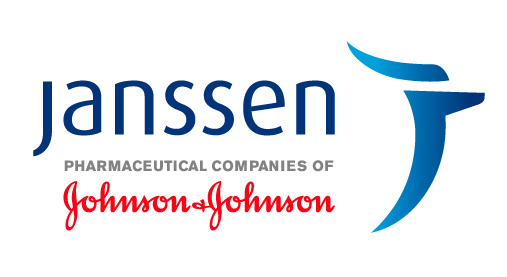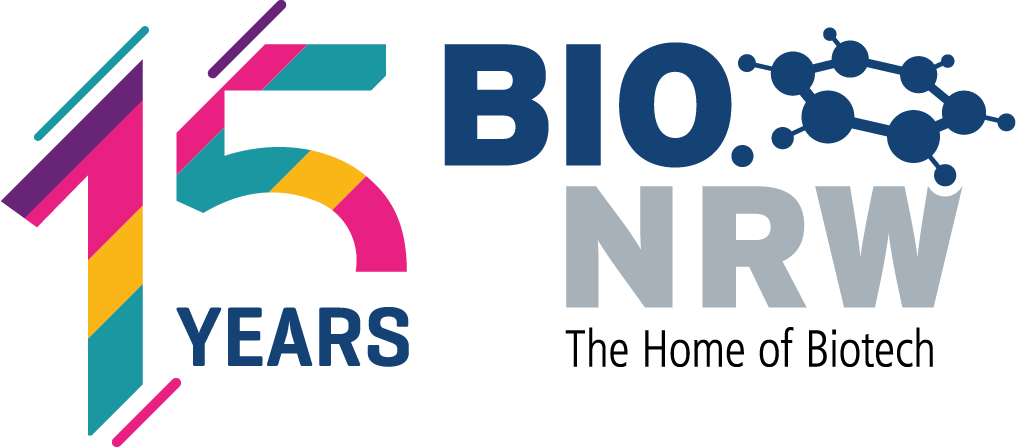
Positive interim phase 1/2a data on Janssen’s COVID19 vaccine candidate.
The New England Journal of Medicine (NEJM) has published interim phase 1/2a data for Janssen’s Covid19 vaccine candidate.[1] They show that the vaccine candidate (JNJ-78436735), which is being developed by Johnson & Johnson’s Janssen Pharmaceutical Companies, elicits an immune response that lasts for at least 71 days when given once in participants aged 18-55 years, the duration measured in this study. The data showed that after a single vaccination, neutralizing antibodies to COVID-19 were detected in more than 90 percent of study participants at day 29 and in 100 percent of participants at day 57.1 These neutralizing antibodies remained stable in all participants aged 18-55 years through day 71, currently the last available time point in this ongoing study. The phase 1/2a interim analysis also showed that Janssen’s COVID-19 vaccine candidate was generally well tolerated by all study participants.[1] Data on the durability of immune responses in study participants aged 65 years and older will be available in late January. Longer-term follow-up of up to one year is planned.1 A preview of a portion of these interim results was published on medRxiv in September 2020.[2]
Phase 3 interim results expected in late January
Janssen expects to announce Phase 3 data for its single-dose vaccine candidate, Janssen COVID-19, in late January 2021.[3] These data will be important in deciding whether to file for regulatory approval. Because this study is dependent on the incidence of infection, it is not possible to make an accurate prediction. If the single-dose vaccine proves effective based on the Phase 3 trial data and a good safety profile is confirmed, the company could submit an emergency application to the U.S. Food and Drug Administration (FDA) in February. Additional regulatory submissions worldwide could be made in parallel.
Safety data
The Phase 1/2a interim analysis also included unblinded safety data showing that injection site (local) and systemic reactions to vaccination occurred either on the day of immunization or the next day and generally resolved within 24 hours.1 The most common adverse events (mild to moderate adverse events typically associated with vaccination) in the vaccine study arms were fatigue, headache, myalgias, and injection site pain. Reactogenicity was lower in the older age group.1 The study also examined a two-dose regimen, in which lower reactogenicity was observed after the second vaccine dose.[1]
Five serious adverse events were reported; one participant visited the hospital for fever associated with vaccination (the participant recovered within 12 hours). The remaining four were confirmed by study investigators to be unrelated to the vaccine candidate.[1]
Final results from this Phase 1/2a study will be published once full study data are available.
For more information on Janssen’s commitment to SARS-CoV2, please visit:
https://www.janssen.com/germany/coronavirus
Sources
- Sadoff J., Le Gars M., Shukarev G., et al. Interim Results of a Phase 2-1a Trial of Ad26.COV2.s Covid-19 Vaccine. New England Journal of Medicine. 2021.
- Sadoff J., Le Gras M., Shukarev G., et al. Safety and immunogenicity of the Ad26.COV2.S COVID-19 vaccine candidate: Interim results of a phase 1/2a, double blind, randomized, placebo-controlled trial. medRxiv. 2020. Available at: https://www.medrxiv.org/content/10.1101/2020.09.23.20199604v1.full.pdf. Last access: October 2020.
- ClinicalTrials.gov. A study of Ad26.COV2.S for the Prevention of SARS-CoV-2-Mediated COVID-19 in Adult Participants (ENSEMBLE). Available at: https://clinicaltrials.gov/ct2/show/NCT04505722. Last access: January 2021.
